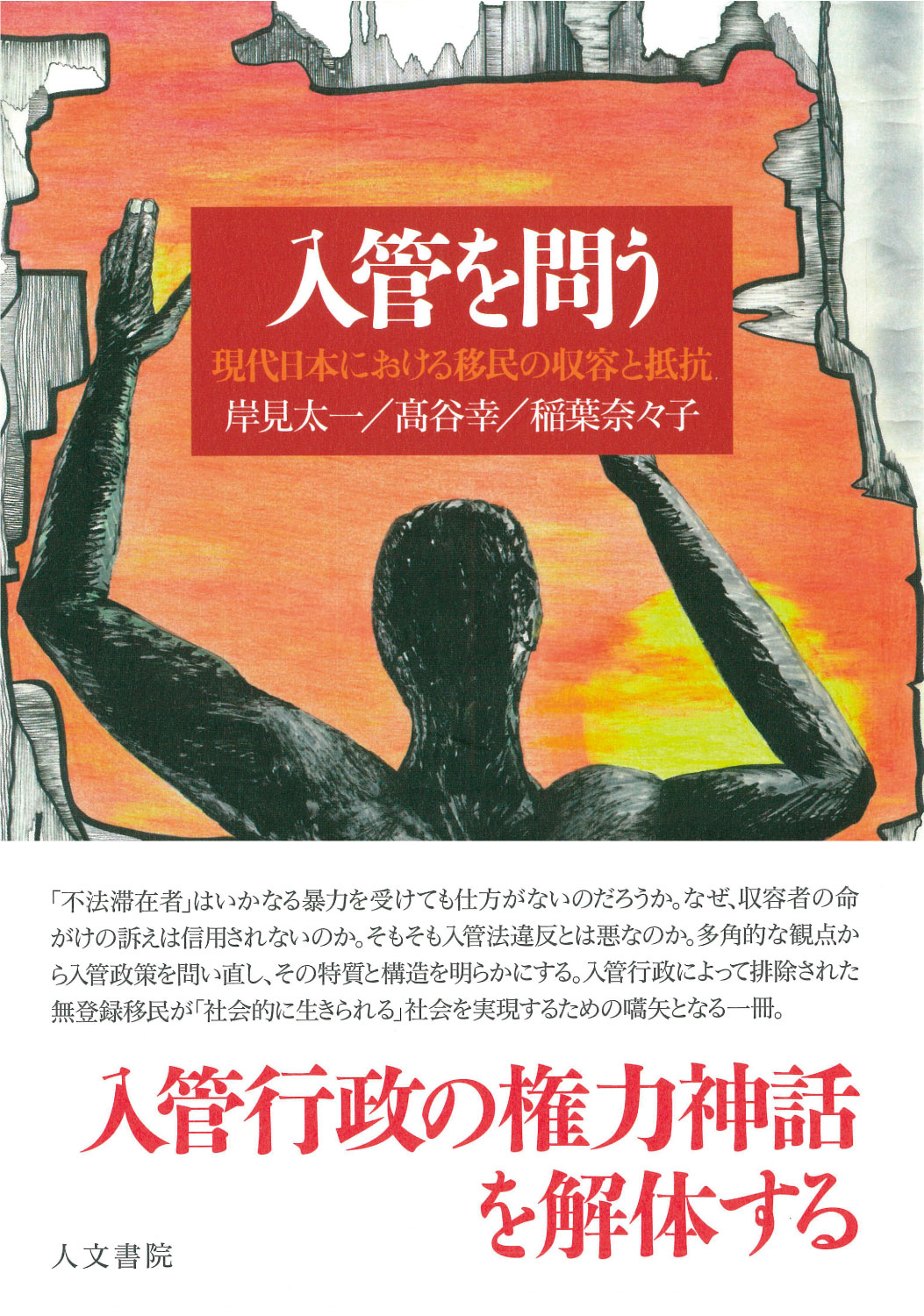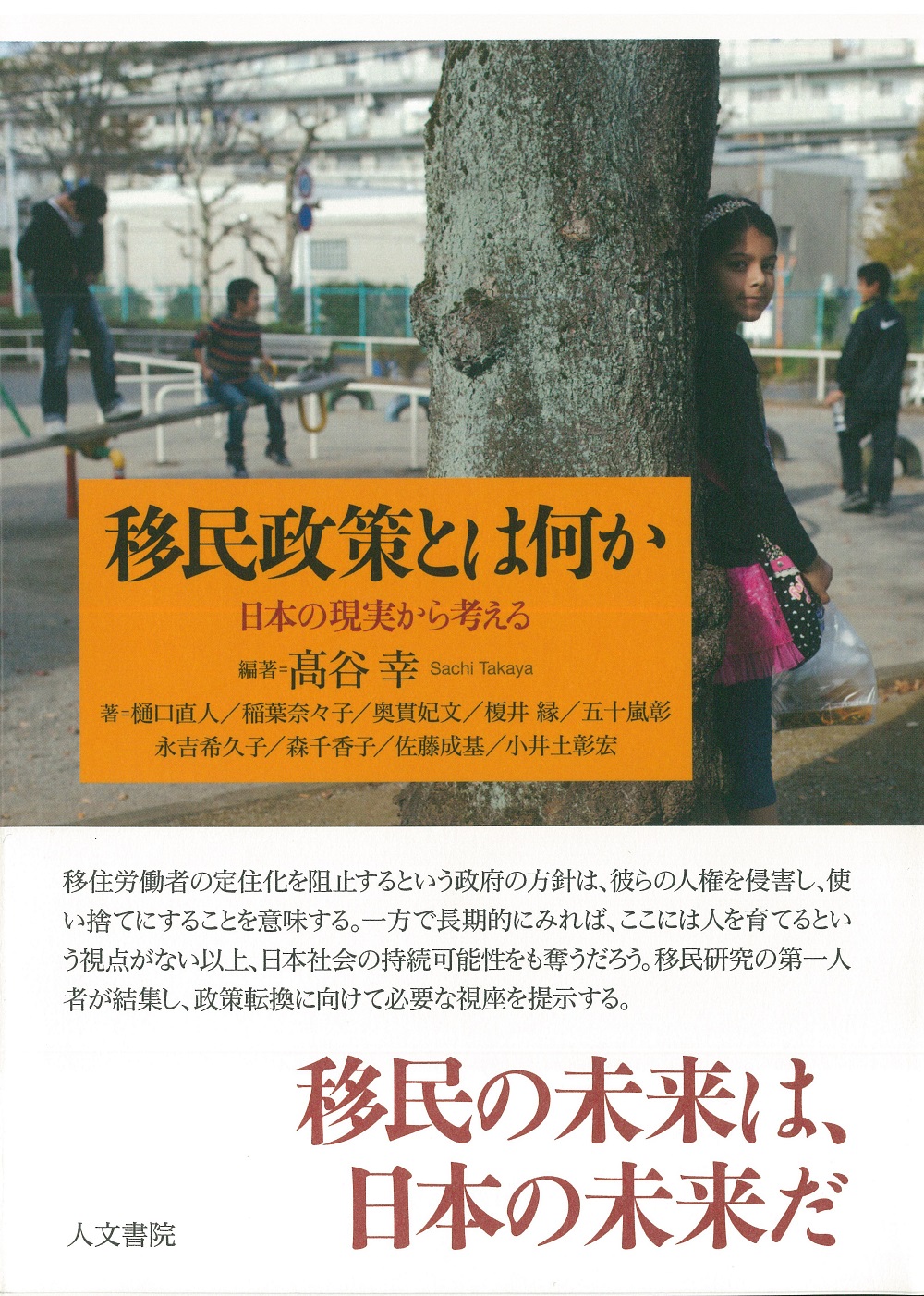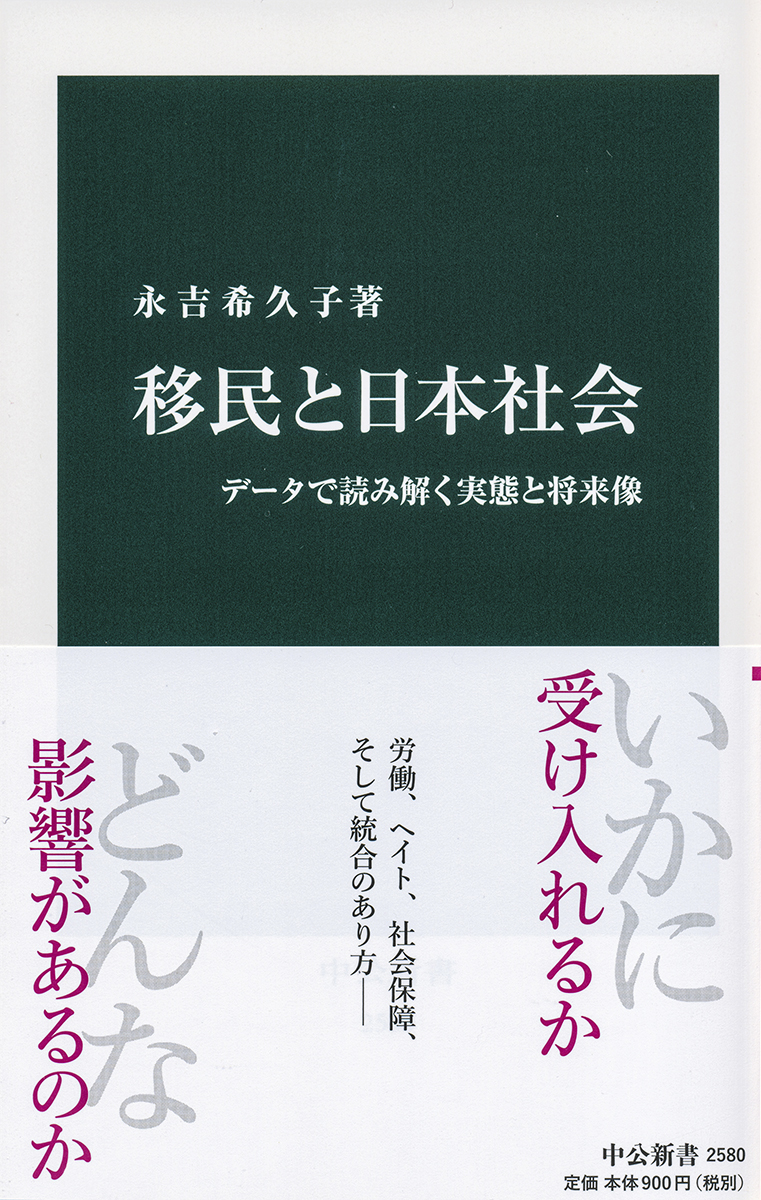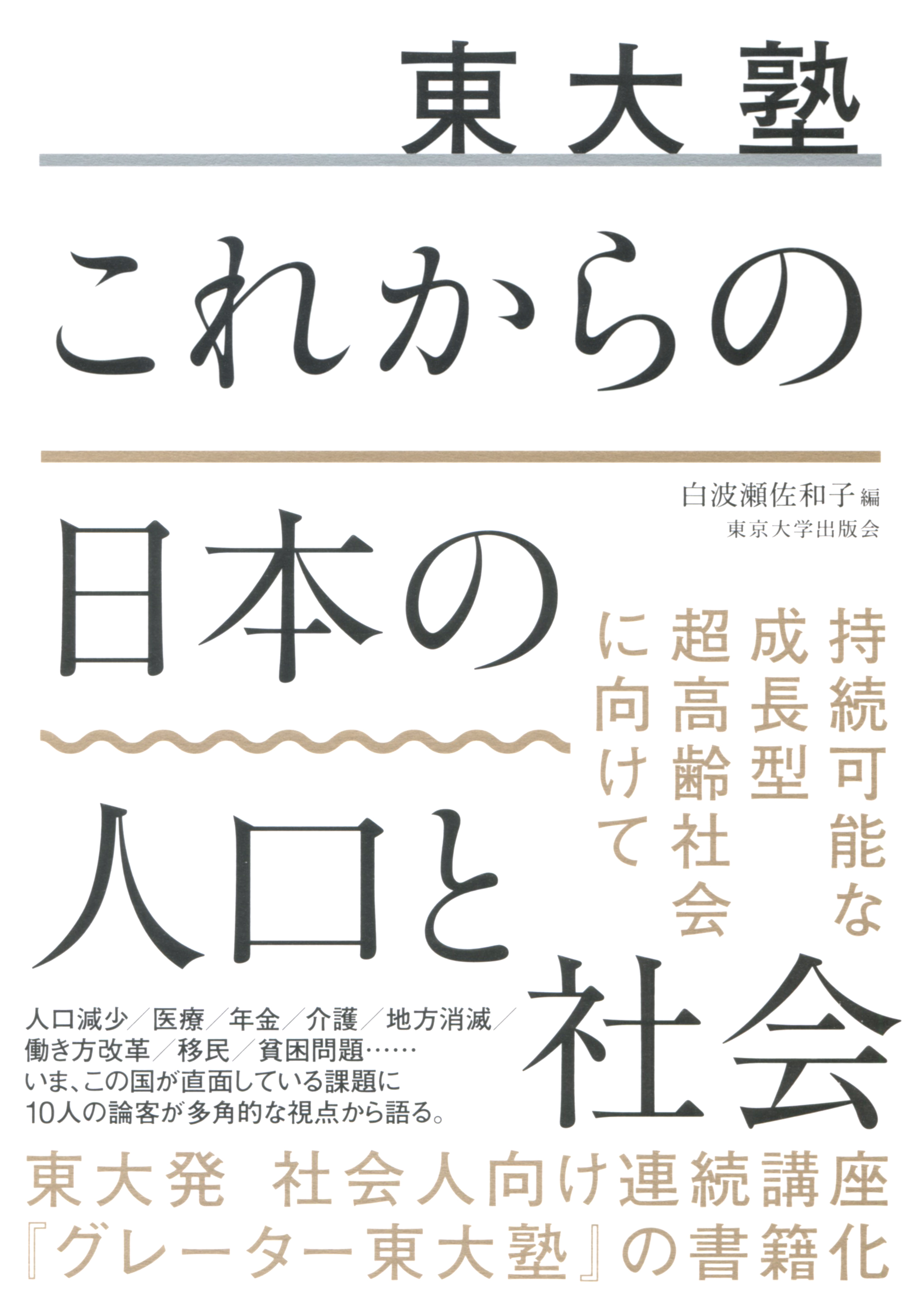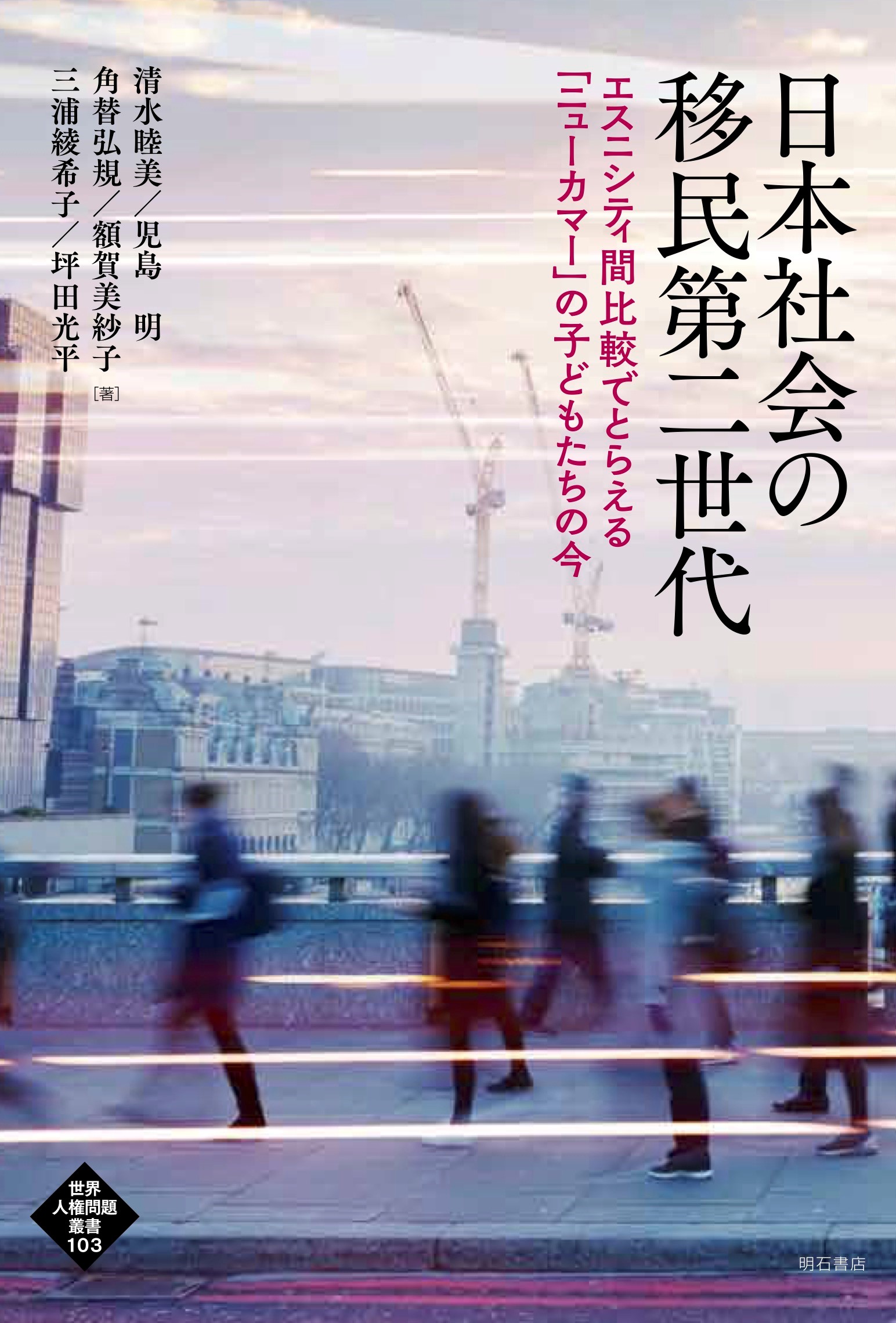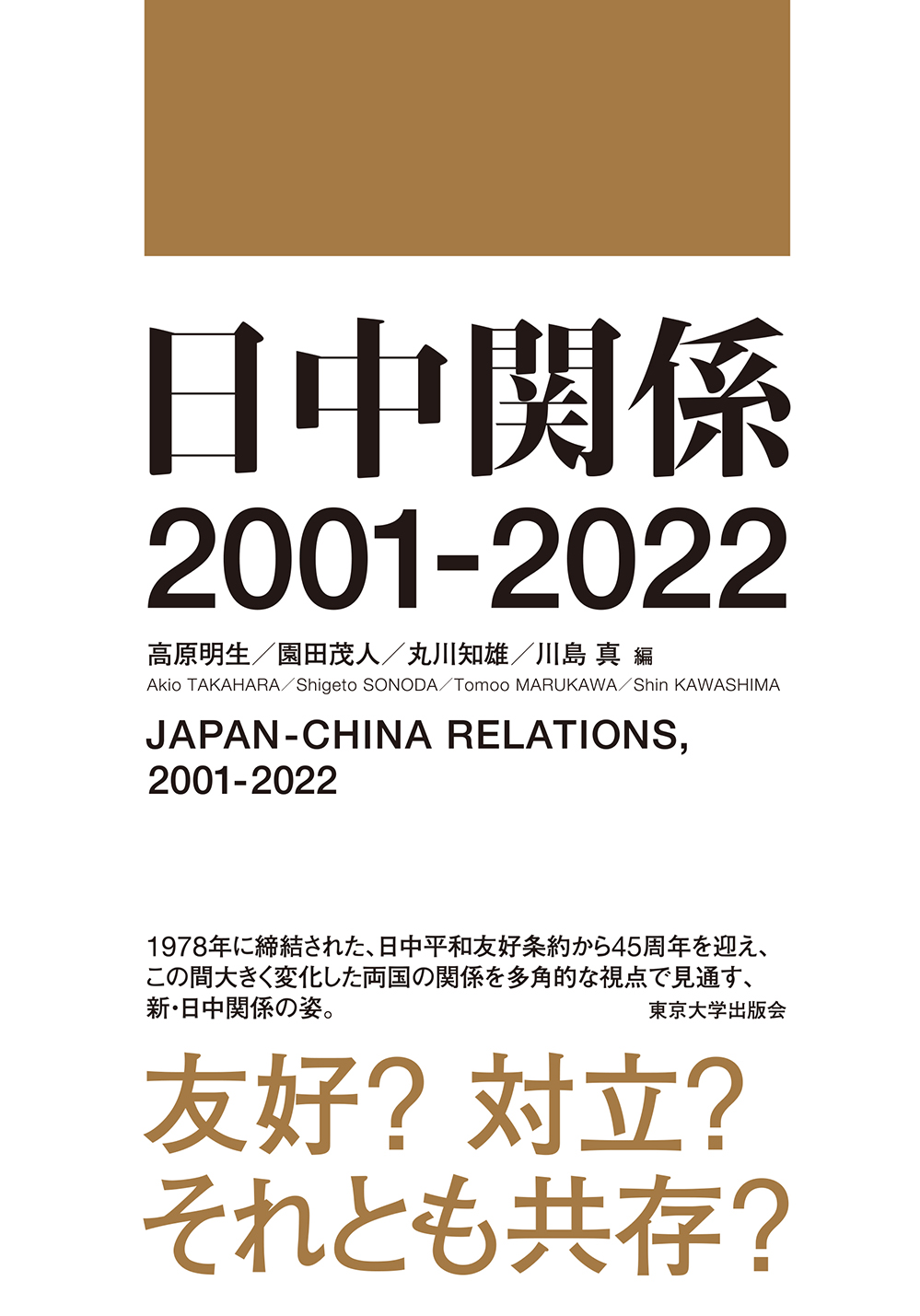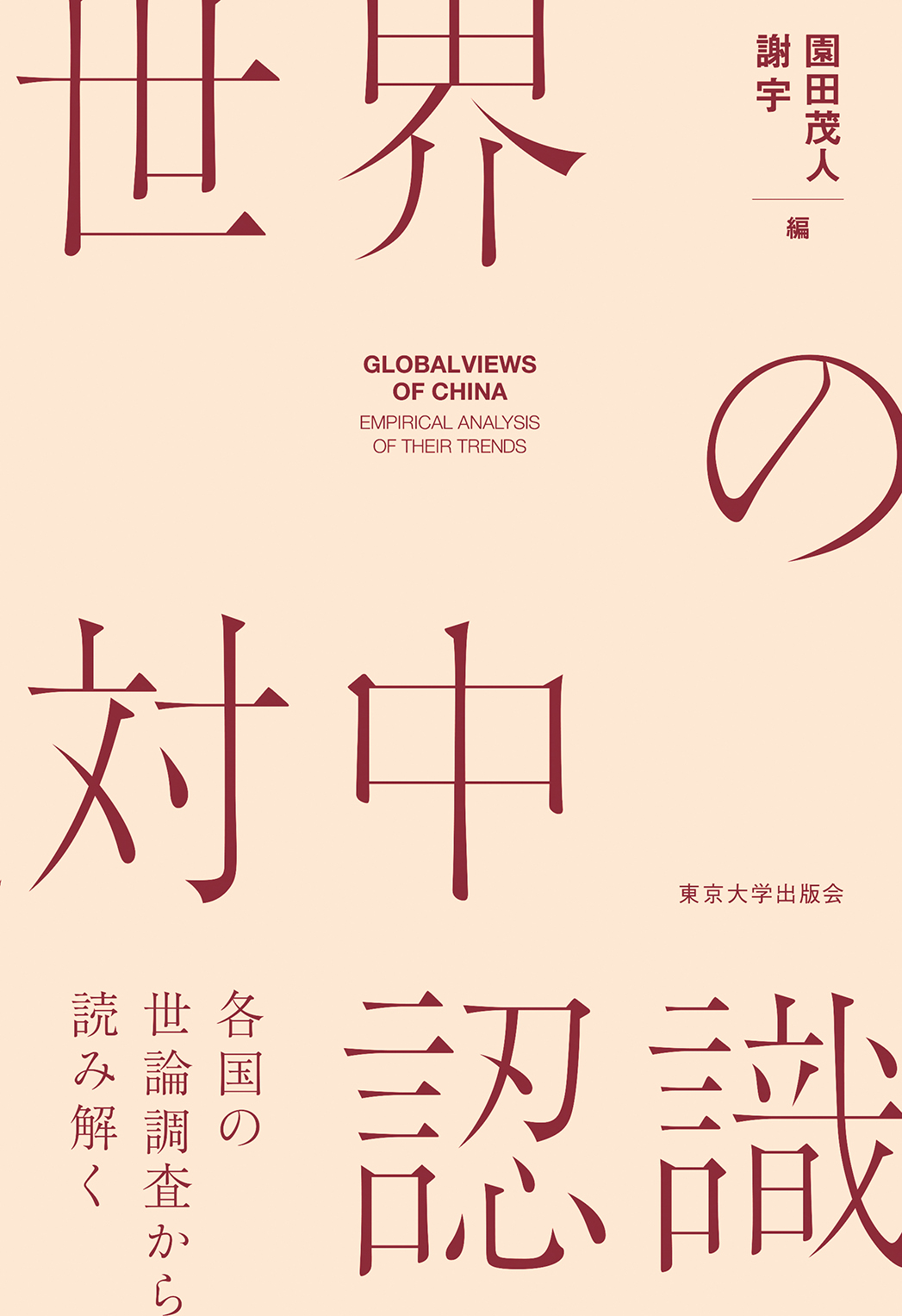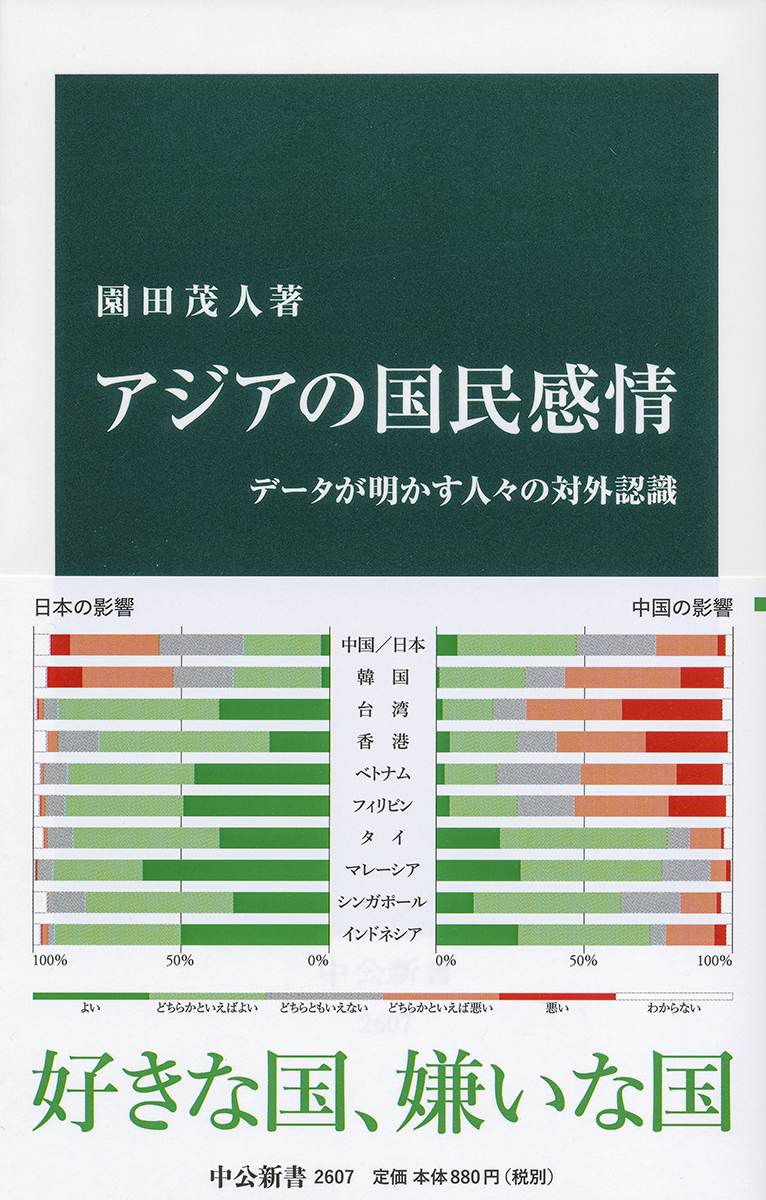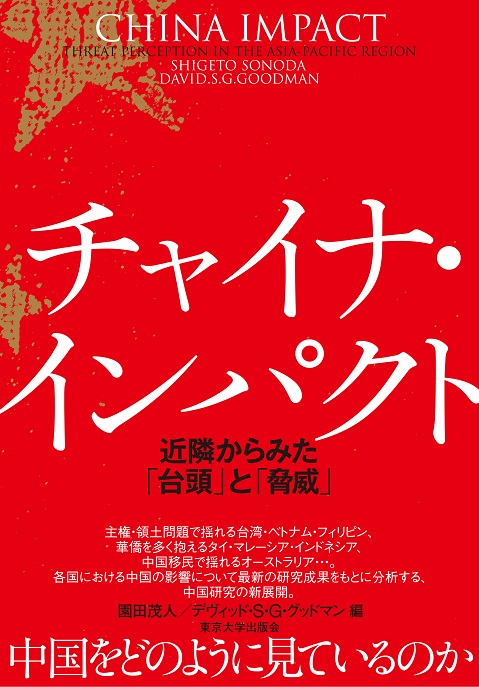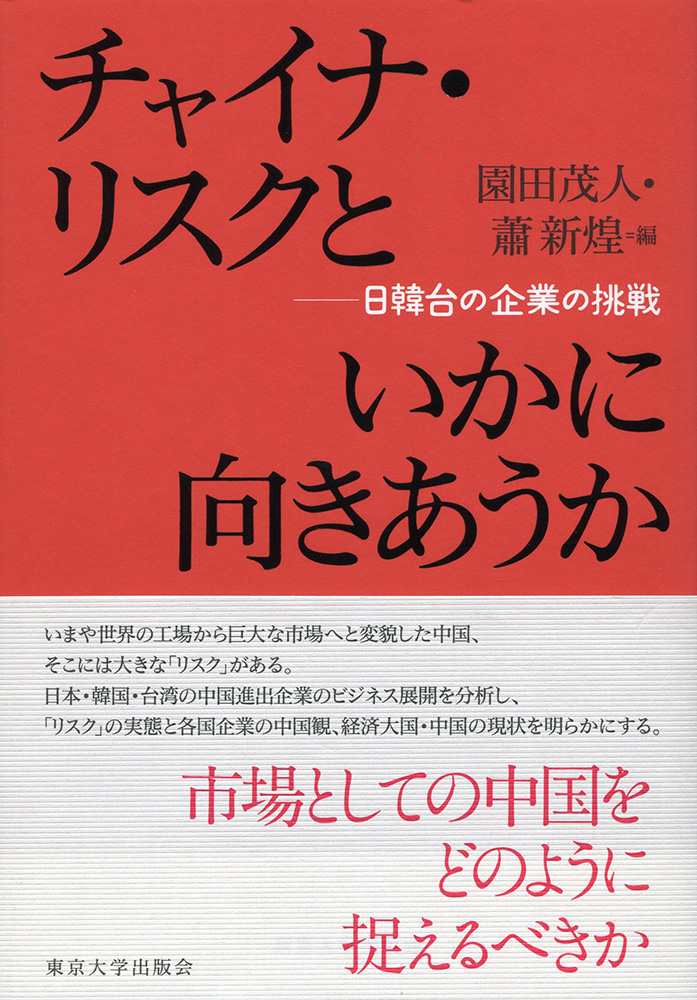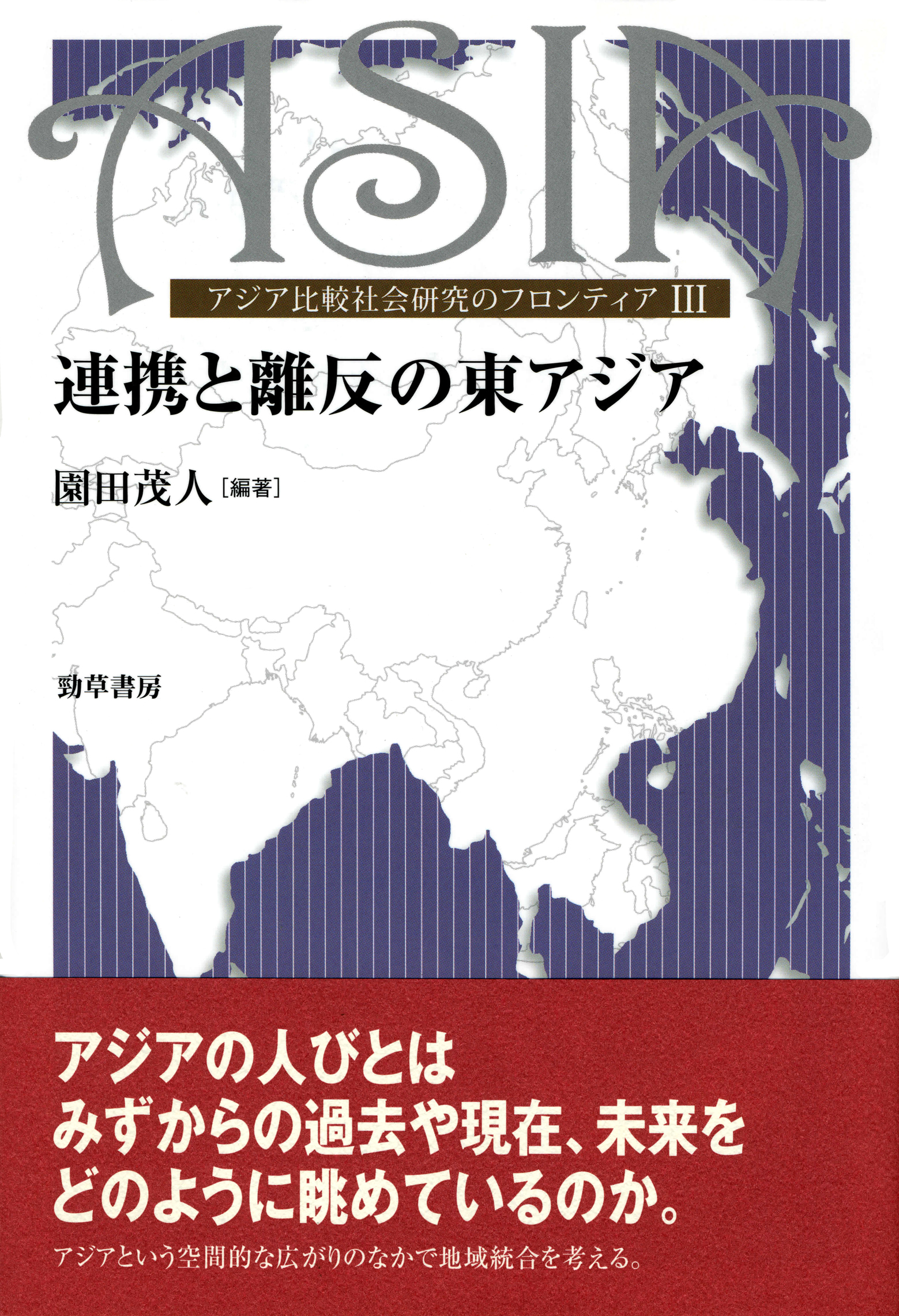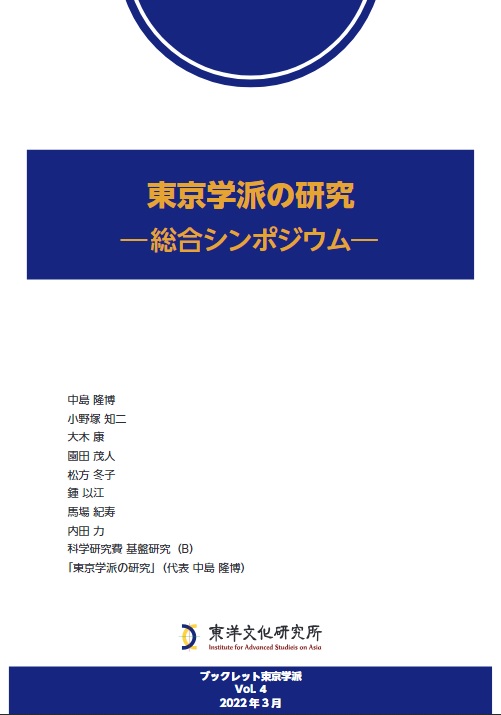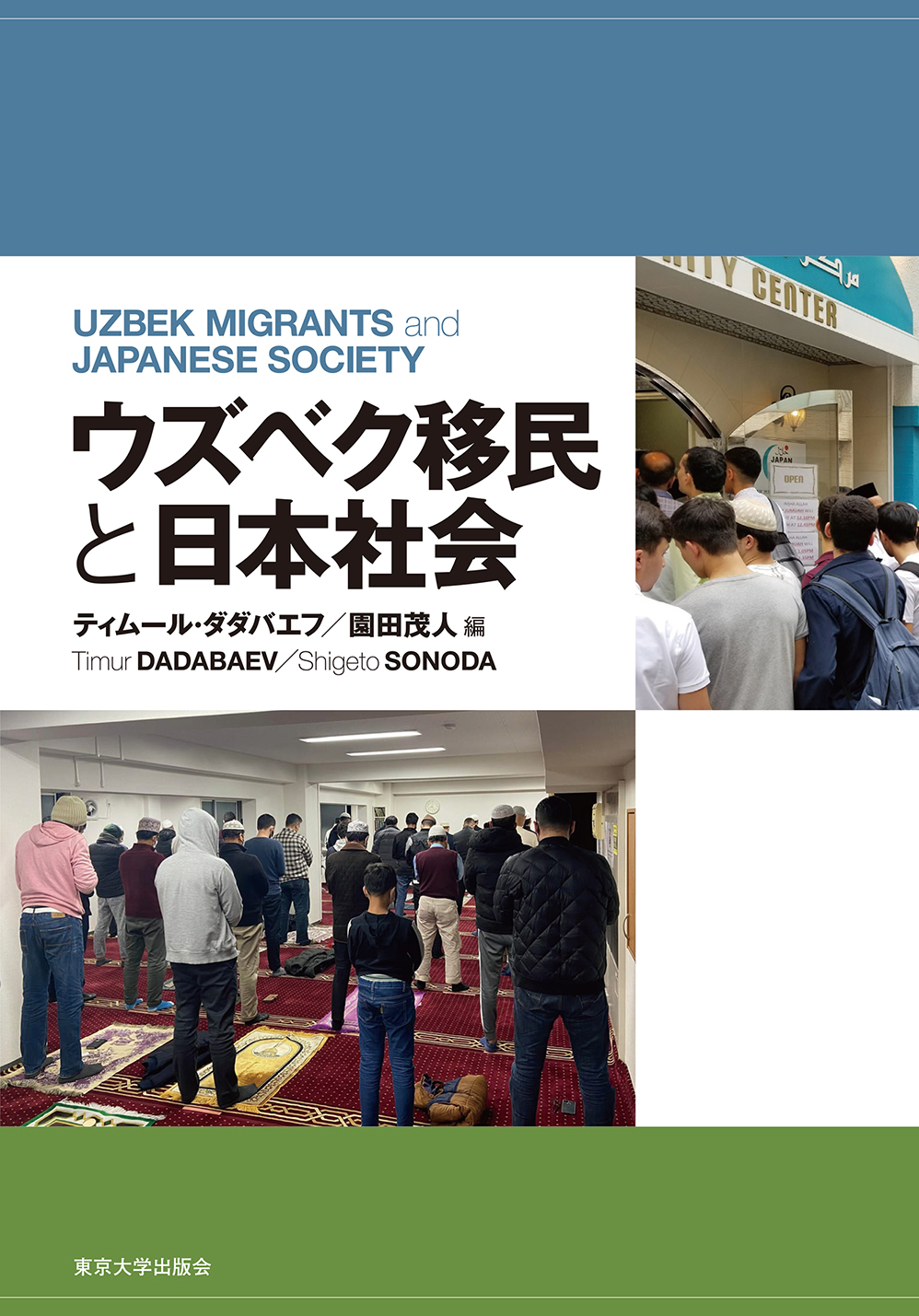
Title
Uzubeku Imin to Nihon Shakai (Uzbek Migrants and Japanese Society)
Size
180 pages, A5 format
Language
Japanese
Released
June 01, 2023
ISBN
978-4-13-056127-3
Published by
University of Tokyo Press
Book Info
See Book Availability at Library
Japanese Page
In October 2018, the revision of the Immigration Control and Refugee Recognition Act was authorized by the Cabinet of Japan, and the revised law came into effect in April 2019. This was a symbolic political event, suggesting the Japanese government’s decision to modify the previous Technical Intern Training Program to accept more foreign workers into the domestic labor market. Even prior to the implementation of this act, calls for the renewal of the system were made because the population has been declining since 2008, and there were strong concerns about future labor shortages. International workers filled the labor gap long before the Immigration Control and Refugee Recognition Act was revised, implying that the law had caught up with the reality.
This book deals with migrants from Uzbekistan, who have been playing a key role in making up for Japan’s labor shortage. The number of Uzbek migrants, especially those who are enrolled in Japanese language schools, has drastically increased since 2010, when they realized that moving to Japan is an attractive option. They are working hard to earn enough money to not only cover their tuition and living costs but also send money back home.
Uzbek Migrants and Japanese Society was written based on interviews with young migrants who have moved to Japan from Uzbekistan. Prof. Dadabaev of the University of Tsukuba took the initiative to conduct interviews in Japan and South Korea while I was in charge of administering a student survey in Uzbekistan and collecting the necessary data to explain the sudden increase of migrants from Uzbekistan in the 2010s. Our research questions included the following: (1) what is their motivation to move to Japan? (2) what sort of lifestyle do they maintain or adopt after coming to Japan? (3) how do they make a living in Japan? and (4) what type of future plans do they have after their stay in Japan? Many studies on Uzbek migrants in Europe and the United States of America have been conducted till date, but Uzbek migrants in Japan have been rarely examined. Our research was carried out at the right time, when international mobility from Uzbekistan to Japan was no longer marginal.
The interview results are eye-opening. Many of the migrants have a “sojourner mentality,” that is, they do not have a strong desire to settle down in Japan. They are living in poor conditions to save some money to send back home. They regard such experiences in Japan as “a necessary religious training” to be a good Muslim. Their views of Japan depend on whether they carry over conventional Uzbek norms to Japan. The Japanese government’s linguistic support for locals in Uzbekistan has been unexpectedly promoting outbound mobility to Japan— all these findings are extremely inspiring, even to me.
This book has a sister volume titled The Grass Is Always Greener?: Unpacking Uzbek Migration to Japan, which was published by Palgrave Macmillan in 2021. I hope that you will enjoy reading this book as well.
(Written by SONODA Shigeto, Professor, Institute for Advanced Studies on Asia / 2023)
Related Info
Timur Dadabaev ed., The Grass Is Always Greener?: Unpacking Uzbek Migration to Japan (Palagrave Macmillan 2021)
https://link.springer.com/book/10.1007/978-981-16-2570-1



 Find a book
Find a book


